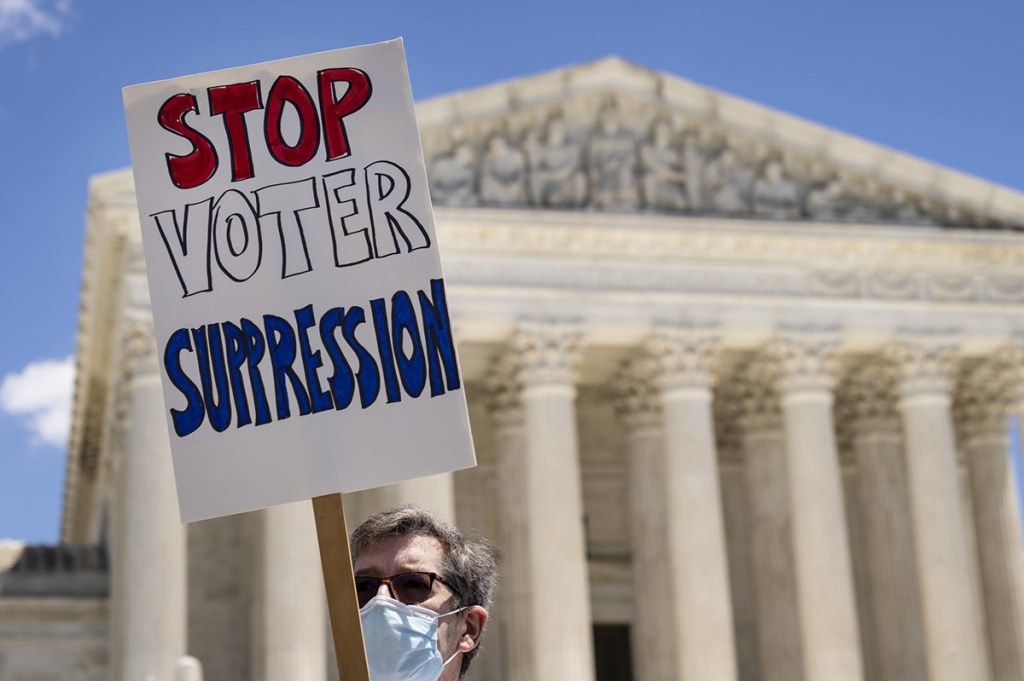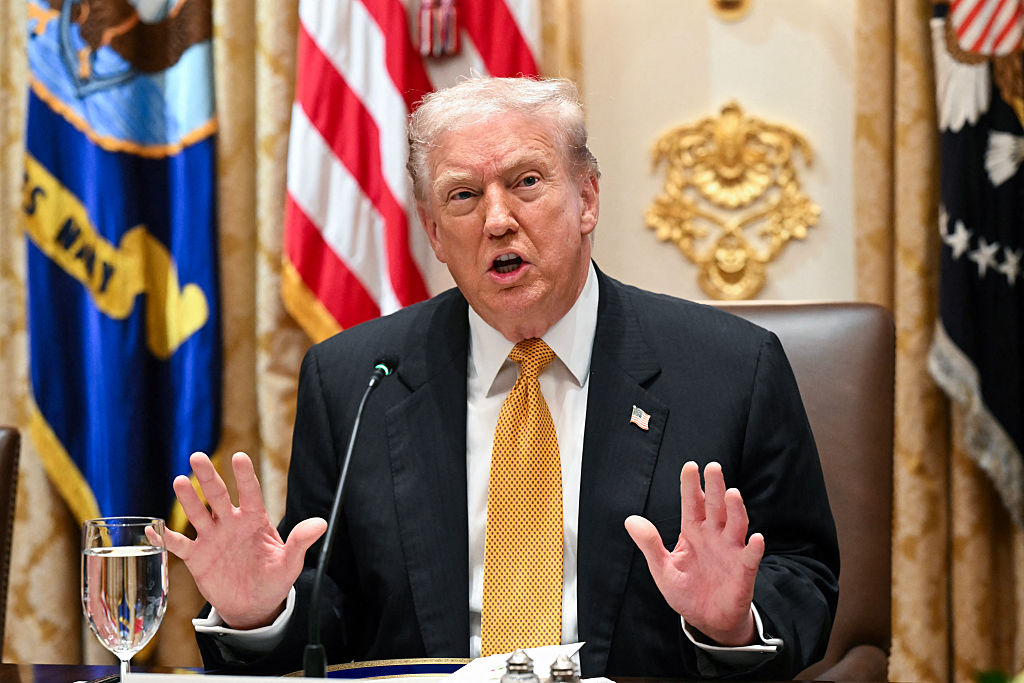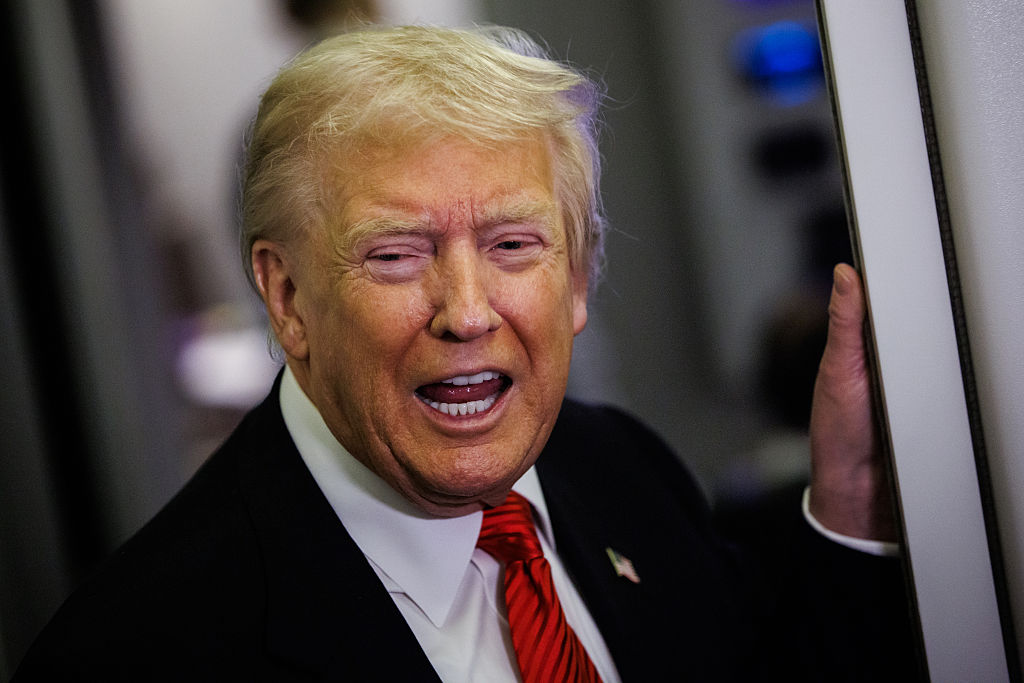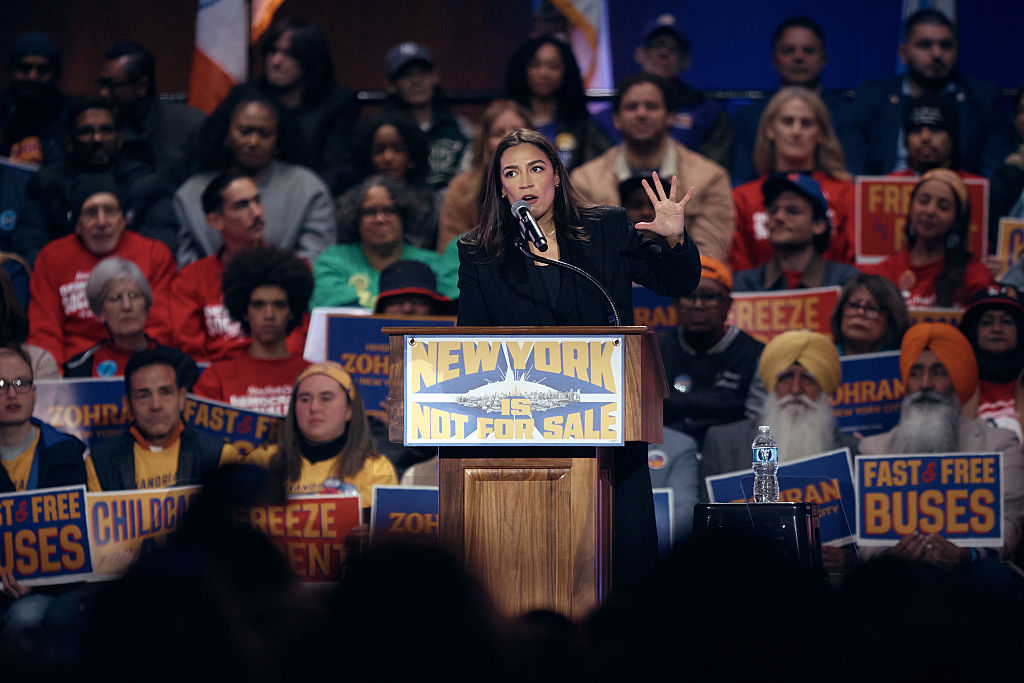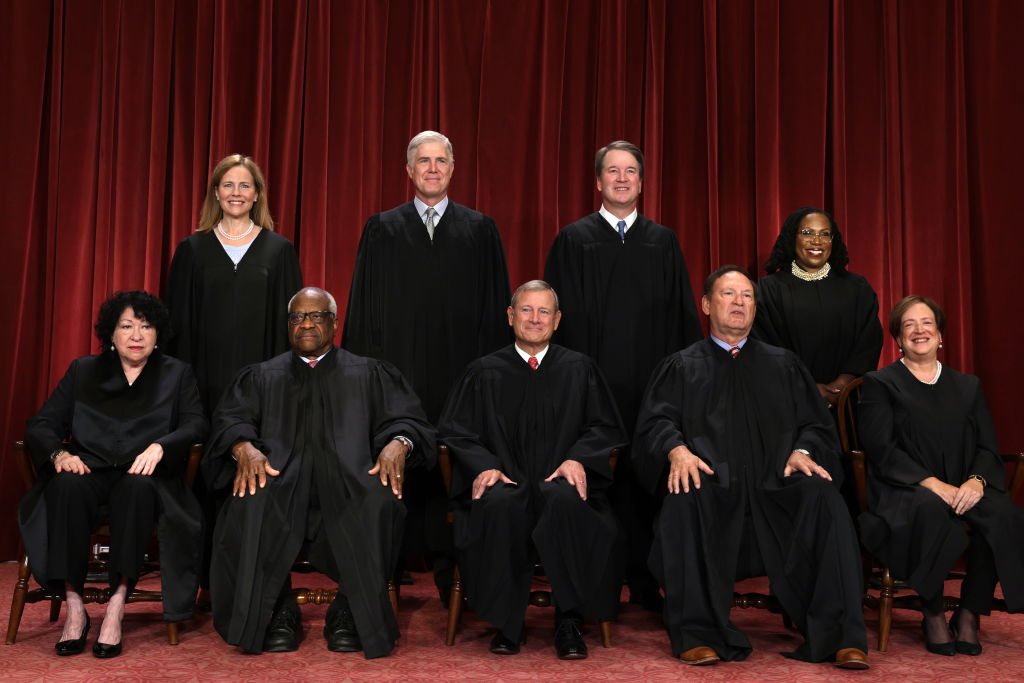The Supreme Court upheld two Arizona voting laws on Thursday in a case that could have major implications for election integrity across the country.
The two Arizona laws at stake in Brnovich v. Democratic National Committee prohibited ballot harvesting — which most commonly refers to political operatives collecting voters’s ballots en masse and turning them in to polling places on their behalf — and tossed ballots that were cast in the wrong precinct. The DNC argued in its initial lawsuit that the laws violated the Voting Rights Act because they were discriminatory against minorities and did not appear to prevent voter fraud.
The conservative-majority Supreme Court rejected the DNC’s claims, stating in the majority opinion that the DNC did not demonstrate that the laws had a disproportionate impact on minority voters, nor that the laws intended to have such an impact.
Arizona attorney general Mark Brnovich, who was named in the case, celebrated his victory in a statement:
‘Today is a win for election integrity safeguards in Arizona and across the country. Fair elections are the cornerstone of our republic and they start with rational laws that protect both the right to vote and the accuracy of the results.’
Jason Snead, the executive director of the Honest Elections Project, also asserted that the ruling is ‘a victory for secure and accessible elections everywhere.’
Snead told me in March after the Supreme Court heard oral arguments that the case has broader implications for election integrity laws, explaining, ‘The real implication of this case is, can you have preventative or prophylactic measures that are designed to bolster election safeguards or not?’
This is a key determination at a time when Democrats in Congress repeatedly try to push through legislation that would federalize elections in a way that could pave the way for voter fraud. HR-1, the ‘For the People Act’, would implement ‘automatic’ voter registration, allow widespread ballot harvesting and ban voter ID laws. The law failed to clear the Senate last week, but Democrats already have their sights set on HR-4, the ‘John Lewis Voting Rights Advancement Act’, which would hand over significant control of elections to federal bureaucrats.
Meanwhile, Republicans on the state level have been working to implement election measures that they say would prevent fraud. A wide-ranging law passed in Texas would, among other things, increase penalties against ballot harvesting, implement uniform voting hours across the state and prohibit sending ballots to people who do not request one. A Florida law also limits ballot harvesting and tightens mail-in ballot rules.
Heritage Action vice president Garrett Bess said ‘state officials across the country should take note’ of the Supreme Court’s ruling in Brnovich v. DNC and ‘work to enact similar policies in their states’.
The biggest flashpoint over election integrity is taking place in Georgia. Democrats and the media primarily focused in on a claim that Georgia’s new voting law criminalizes giving water to people waiting in line to vote, ignoring that poll workers could still provide water and that voters could bring water themselves. The left attacked other portions of the bill as well, such as ID requirements for absentee ballots. Coverage of the legislation sparked boycotts from sporting leagues, Hollywood productions, and mega-corporations.
Biden’s Department of Justice, led by attorney general Merrick Garland, filed a lawsuit last week alleging that the Georgia law violates Section 2 of the Voting Rights Act because it is racially discriminatory. This is the same provision the DNC cited in its arguments against the Arizona laws upheld by the Supreme Court.
‘Falsely using race to scare people of color into believing their vote will not be counted is irresponsible and fundamentally wrong,’ Georgia attorney general Chris Carr told me. ‘We remain confident that Georgia’s law will be upheld.’
Snead added that SCOTUS’s ruling in Brnovich v. DNC doesn’t bode well for the Biden administration’s challenge against Georgia.
‘Today’s ruling casts even deeper doubt on the Biden administration’s lawsuit against Georgia,’ he said. ‘Today, the Supreme Court stated once again that states have an interest in preventing fraud and ensuring the legitimacy of elections, and that interest must be factored in when considering these sorts of challenges. The Georgia lawsuit essentially ignores the need for ballot security altogether, to say nothing of its myriad other shortcomings.’



